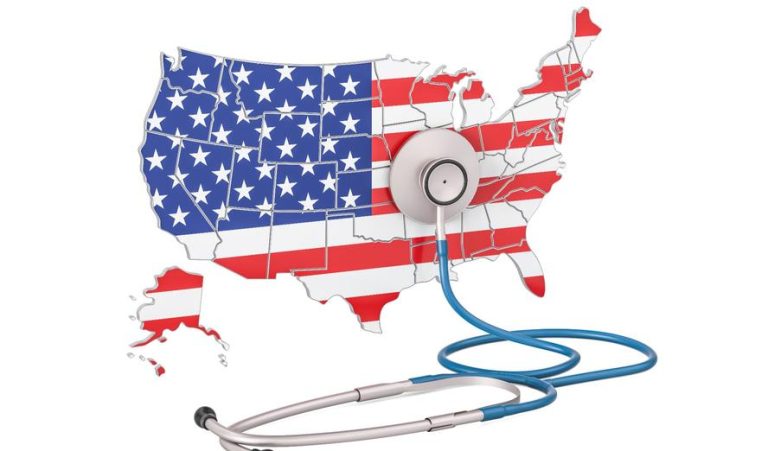
Introducing peanut-based foods to babies early — and continuing until about age 5 — can dramatically lower their risk of developing peanut allergies later in life. A new study funded by the National Institutes of Health (NIH) found that early and regular peanut feeding reduced allergy rates in adolescence by 71%, even after years without consistent peanut intake.
Published in NEJM Evidence, the research provides some of the strongest proof yet that early exposure to peanuts offers lasting protection.
“These findings should reassure parents that safely introducing peanut products in infancy can provide long-term protection,” said Dr. Jeanne Marrazzo, Director of the National Institute of Allergy and Infectious Diseases (NIAID). “If applied widely, this simple approach could prevent thousands of peanut allergy cases among the millions of children born in the U.S. each year.”
Building on Years of Groundbreaking Work
This new research, called the LEAP-Trio study, followed up on participants from the original Learning Early About Peanut Allergy (LEAP) and LEAP-On trials.
In the first LEAP trial, infants were split into two groups: one regularly ate peanut-containing foods from infancy to age 5, and the other avoided them completely. Early peanut introduction lowered the risk of peanut allergy at age 5 by 81%.
When those children later took part in the LEAP-On study and avoided peanuts for a full year, most of the early peanut-eating group remained allergy-free, suggesting that protection persisted even after stopping peanut consumption.
Long-Term Protection Into Teen Years
To see whether this early protection lasted through adolescence, the LEAP-Trio study followed 508 of the original 640 LEAP participants, who were now around 13 years old. About half had eaten peanut products early in life, and half had avoided them.
Researchers used a controlled oral food challenge to assess whether participants could safely consume the equivalent of more than 20 peanuts (about 5 grams). They also tracked peanut exposure through diet surveys and tested dust samples from the participants’ homes to verify peanut contact.
The findings were clear:
- 15.4% of those who had avoided peanuts early developed an allergy.
- Only 4.4% of those who ate peanuts as infants showed an allergy.

This means that early peanut introduction lowered the risk of allergy in adolescence by about 71%.
The Protection Lasts, Even Without Constant Peanut Eating
Children who had eaten peanuts early didn’t need to keep eating them regularly to stay protected. Although they generally ate more peanuts throughout childhood, the amount and frequency varied greatly — and the protection remained.
A Simple, Safe Way to Prevent Peanut Allergy
Together, the LEAP studies confirm that early, safe introduction of peanut foods (such as smooth peanut butter or peanut puffs) can offer lifelong protection against peanut allergy — a condition that has become increasingly common over the past few decades.
For parents and caregivers, this research sends a clear message: starting peanut products early, under pediatric guidance, can be one of the simplest and most effective ways to help prevent peanut allergy from developing in the first place.


